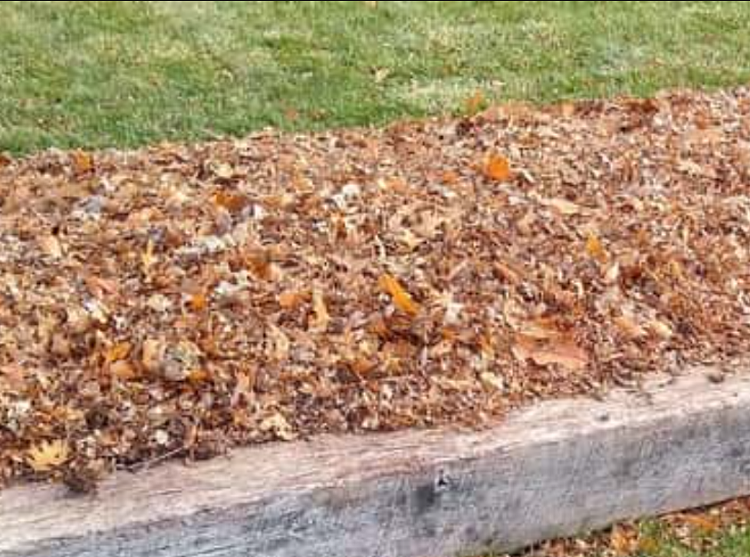


A little preparation goes a long way, especially when it comes to transitioning your garden for the winter. Everybody needs a plan for this transition. Keep in mind that the winter months are really about cleaning out any beds and removing the last of summer crops and plants that aren’t going to survive the winter months. If you take some time now to clean and prep your garden, you’ll have a much easier season come spring. If you can, cover and protect the soil once all old harvest has been removed.
Adding a layer of mulch right now, whether you buy it from a reputable source or use your autumn leaves, can provide an excellent buffer. You can follow this up with burlap right on top of the soil. It provides a much more appealing and natural look than plastic (though that works, too). If you choose to sow over your crop, you can create a beautiful green mulch that can be chopped directly into the soil for next spring’s compost.
You’re not the only one who could use some extra layers this time of year. A cover crop mix is an excellent addition to your winter cover, and you can find it in bulk at The Dirt Bag. This often includes ingredients like rye, barley, favas, and vetch. In other words, it’s a tasty little treat for your garden that will keep it warm and happy as we brave the coldest months.
For those who miss the joys of gardening, there’s still plenty you can do! Did you know you can still plant garlic this time of year? Put single cloves 6 – 8 inches apart and make sure they’re “tips up.” Planting them two inches below the surface is ideal. You can also start collecting flower head seeds this time of year so you have seeds ready to go in a few months. However, be careful with this—seeds are very easy to drop and you certainly don’t want to get stuck weeding out hundreds of borage plants in the spring.
As you’re removing the spring and summer harvest, spend a little time reconsidering your compost strategy (or start one if you haven’t yet!). All annual plants can be composted, as can your berries, fruits, and veggies. This can be the perfect time to neaten up an existing composting pile, start binning compost to keep pests out or start your first composting journey.
You don’t want to remove perennial plants, of course. However, they would benefit from being cut back. Oregano, thyme, and sage are some of the most common perennial herbs that could use a little trimming this time of year. Cut off any areas that are brown, but don’t trim any new shoots. These plants can enjoy a slow growth during the winter months if you let them.
Ready to start your winter transition? Let us help! Contact The Dirt Bag for tips, recommendations, and the best products for winter gardening.